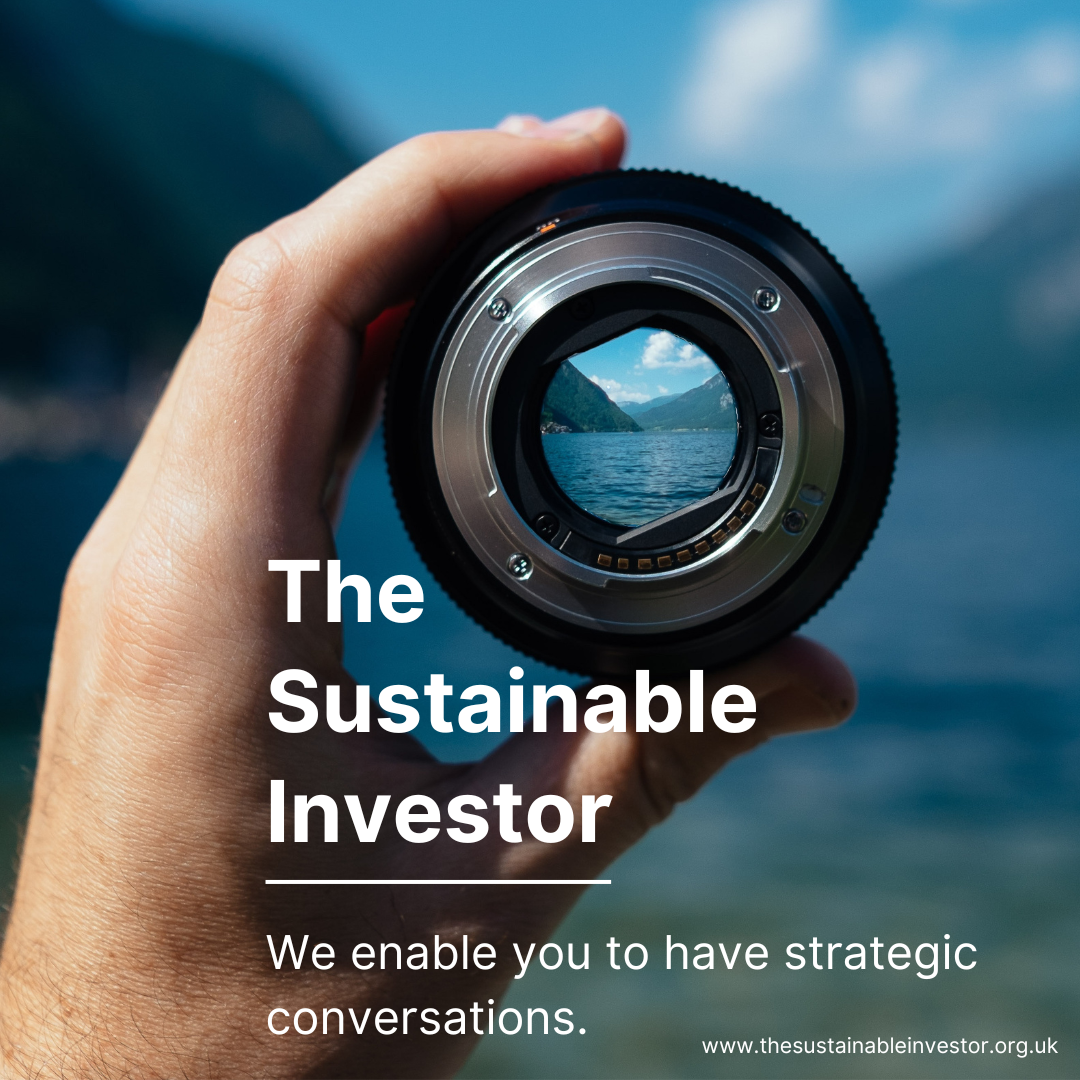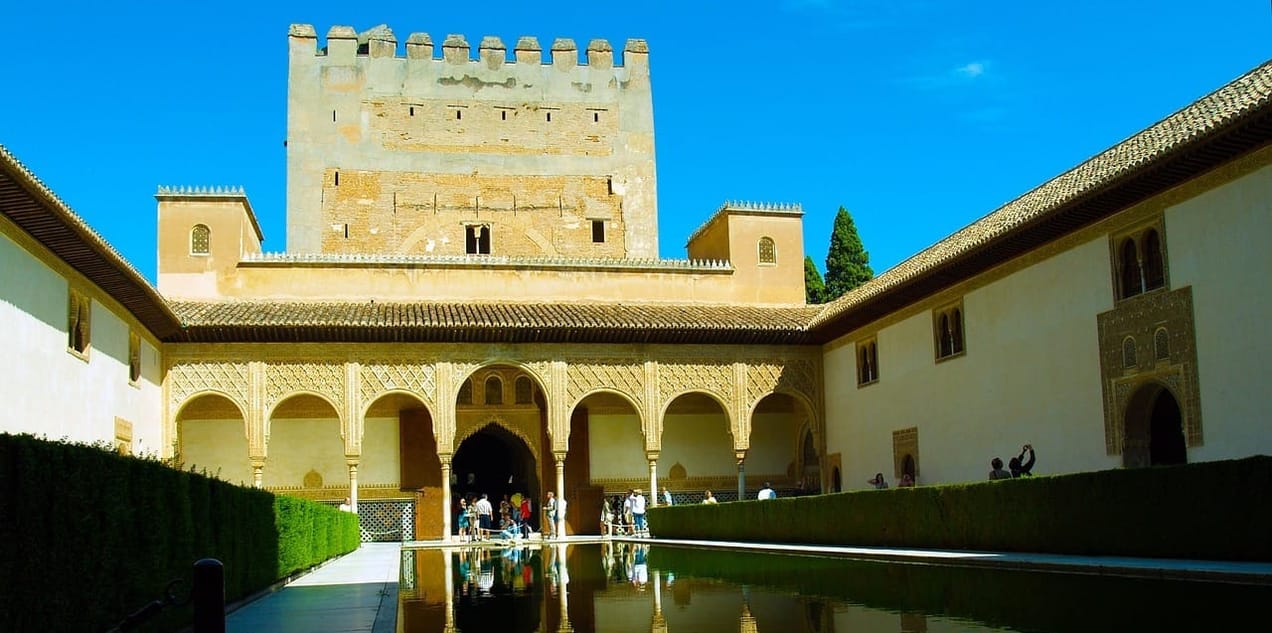
An effective malaria vaccine at scale?
An important milestone in the fight to hold malaria at bay: The R21 vacccine.
Summary: A new malaria vaccine, R21, developed by the University of Oxford has had promising results from a trial in Burkino Faso. The team claim it is more effective and can be manufactured on a greater scale than a GSK vaccine given the go ahead by the WHO in Africa last year.
Why this is important: There were 670,000 deaths from malaria in 2020 with 96 percent of those in Africa and 80 percent of those deaths were children under five years old. In Sub-Saharan Africa, 54 percent of deaths are caused by communicable diseases.
The big theme: Infectious diseases such as malaria pose a significant risk to humanity. Whilst many of the particularly deadly diseases disproportionately impact the poorer regions of the world such as Sub-Saharan Africa, the impacts of climate change on local environments are pushing such diseases to other regions including Northern Europe. Vaccination is a powerful weapon in combating such infections by limiting both their spread and the impact of their symptoms. Manufacture and delivery of treatments and preventative measures brings together a number of industries from pharmaceuticals to logistics to thermal regulation.

The details
Summary of a story from the BBC:
A new malaria vaccine, R21, developed by the University of Oxford has had promising results from a trial of 409 children in Burkino Faso. Three initial doses followed by a 12 month booster gave up to 80% protection. The results of a larger trial of 10x the number of children is due before the end of 2022. Final approve should come from a successful trial outcome. Serum Institute of India, the world’s largest vaccine manufacturer has been lined up to manufacture more than 100m doses per annum.
The Oxford University Scientists claim that this new vaccine is more effective and can be manufactured on a greater scale than RTS,S the GSK vaccine given the go ahead by the WHO in Africa last year.
Let's take a look at why this is important...
Why is it important?
According to the WHO, there were an estimated 241 million cases of malaria globally in 2020, resulting in 670,000 deaths. 95% of cases and 96% of the deaths were in Africa. Even more shocking, of those malaria deaths in Africa, 80% were children under 5 years old. Half of malaria deaths worldwide are accounted for by Nigeria, the DRC, Tanzania and Mozambique. So, it is clear the macro impact on the continent from mass reduction in those deaths and improved health outcomes could be material.
Historically efforts to deliver vaccines at scale, particularly in regions like Africa, are hampered by issues of heat, dispersion of the population, and a lack of transport infrastructure. In particular cold chain logistics are vital as vaccines, such as RTS,S, need to be stored at between 2oC and 8oC. Possible solutions include, renewable energy powered local refrigeration, drone delivery or even improving the thermostability of the vaccines themselves. Something for ethically minded investors who really want to make a difference on the ground to get involved with at a practical level.
Something a little more bespoke?
Get in touch if there is a particular topic you would like us to write on. Just for you.
Contact us
Please read: important legal stuff.

